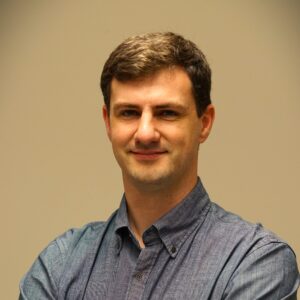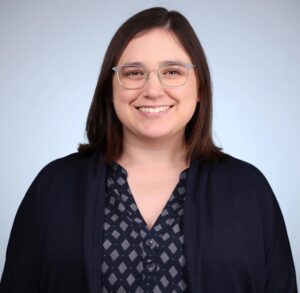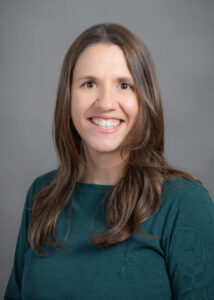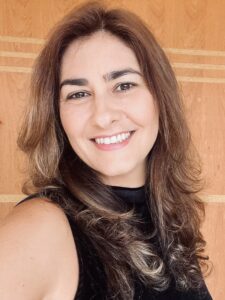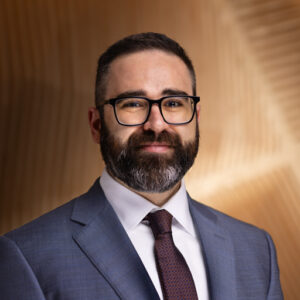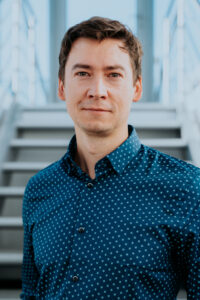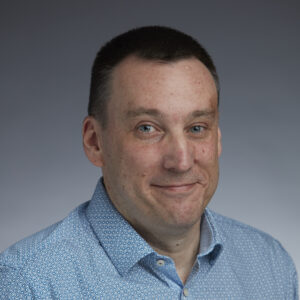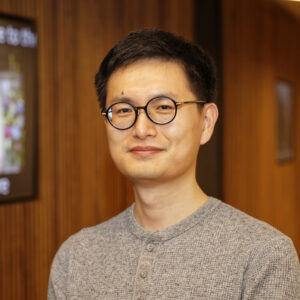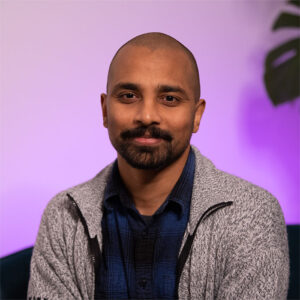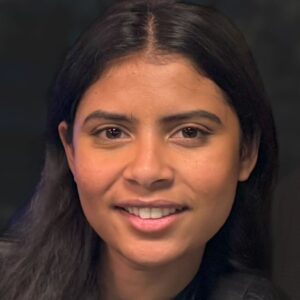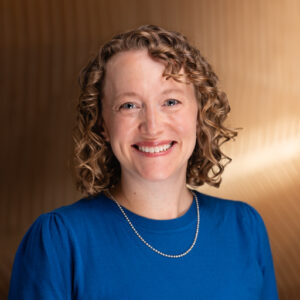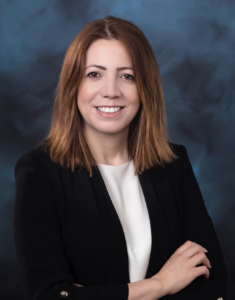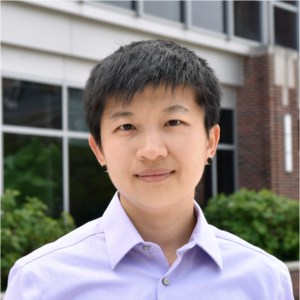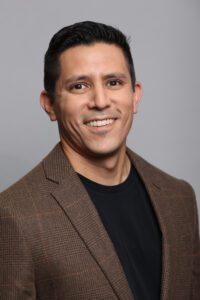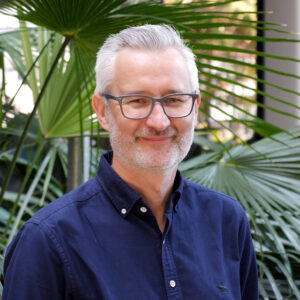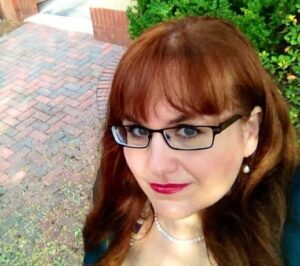
Margaret Kosal
Margaret E. Kosal is Professor (as of August 2025) of International Affairs at the Georgia Institute of Technology. Her research uses theories and concepts from the social sciences, primarily international relations, to explore relationships among science, technology, and security and to explain how these phenomena impact geopolitics and how geopolitics affects innovation. She focuses on two, often intersecting, areas: understanding the politics of emerging technologies and reducing the threat of weapons of mass destruction (WMD). She holds appointments as affiliated faculty in the Parker H. Petit Institute for Bioengineering and Bioscience and the Georgia Tech Institute for Matter and Systems (IMS). Formally trained as an experimental scientist, Kosal earned a doctoral degree in Chemistry from the University of Illinois at Urbana-Champaign (UIUC) working on biomimetic and nano-structured functional materials.
Kosal has served as a Senior Advisor to the Chief of Staff of the U.S. Army, as Science and Technology Advisor within the Office of the Secretary of Defense (OSD), and as an Associate to the National Intelligence Council (NIC). She earned a Ph.D. in chemistry from the University of Illinois at Urbana-Champaign (UIUC) and a B.S. in chemistry from the University of Southern California. She is also the co-founder of a sensor company, where she led research and development of medical, biological, chemical sensors and explosives detection. In January 2017, Kosal was appointed the Editor-in-Chief of the Cambridge University Press journal, “Politics and the Life Sciences.’ Her honors include being elected an Honorary Lifetime Fellow of the American Association for the Advancement of Science (AAAS). She is a champion of students as young scholars at the intersection of science, technology, and international affairs, and she is committed to bridging the academic-policy gap, as seen by her leadership on national and international advisory boards and committees.
